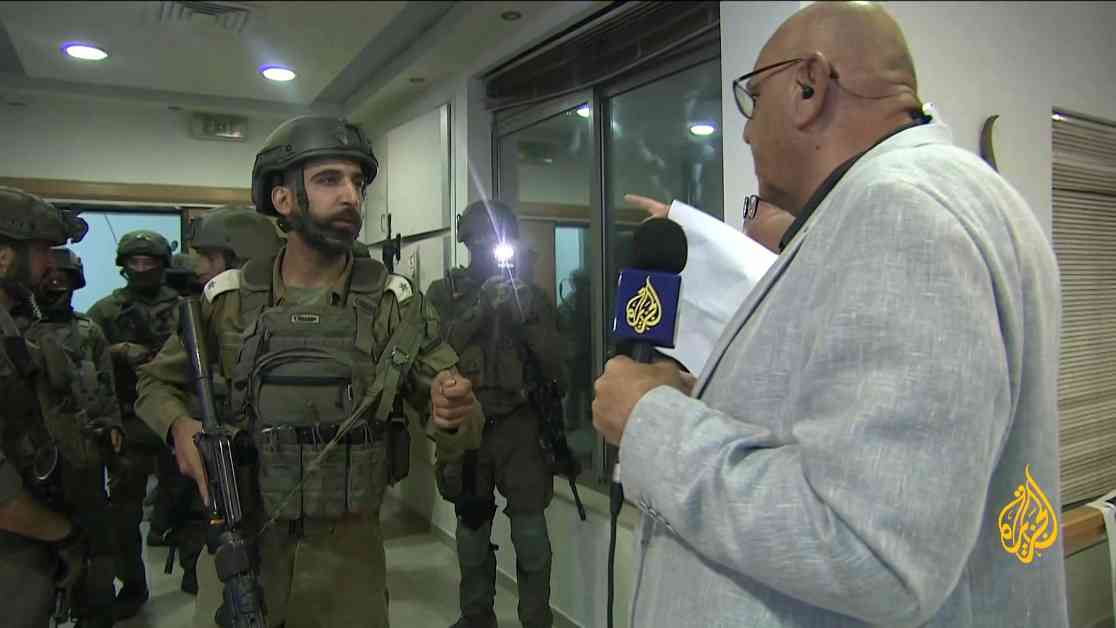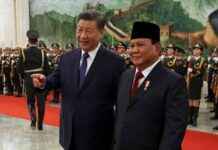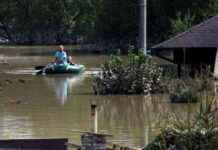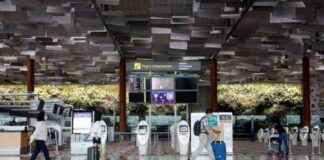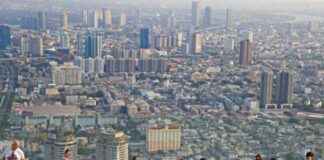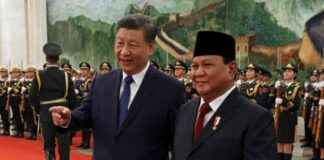Israeli Forces Raid Al-Jazeera TV Station in West Bank; Orders Closure for 45 Days
Israeli forces conducted a raid on the Al-Jazeera TV station in Ramallah, West Bank, on Monday, September 23rd, 2567, wearing masks and heavily armed. They stormed the news office and immediately ordered its closure for 45 days, marking the latest episode in the ongoing tensions between the Arab news station and the government of Prime Minister Benjamin Netanyahu. This incident comes amidst escalating hostilities since the beginning of the Gaza War on October 7th when Hamas militants attacked Israel.
Al-Jazeera reported the results of Israel’s military operations in Gaza, with Israeli forces accusing journalists from the network of having ties to Hamas or the Islamic Jihad group, both allies of Al-Jazeera. The news agency denied these allegations and pointed out that Israel has a history of targeting and attacking its staff in Gaza. Four Al-Jazeera journalists have been killed since the start of the Gaza conflict, and the network’s offices in the region have been repeatedly bombed.
Israeli military officials claim that the closure of Al-Jazeera’s Ramallah office was due to their involvement in incitement and support of terrorist activities. They argued that Al-Jazeera’s broadcasts posed a threat to Israel’s security. Al-Jazeera condemned Israel’s raid as “illegal and an attack on press freedom.” During the raid, Israeli soldiers ordered Walid al-Omari, the head of Al-Jazeera’s West Bank office, to remove all cameras from the premises immediately. Al-Omari responded, stating that such actions by the military aimed to distort the truth and prevent people from hearing the facts.
The Palestinian Ministry of Foreign Affairs in Ramallah criticized Israel’s actions as a severe violation of press freedom. Mohammad Abu Rub, the director of media affairs for the Palestinian government, which has partial authority in the West Bank, stated that the closure of Al-Jazeera’s office affirmed Israel’s attempts to obstruct media coverage of the occupation’s violations against Palestinians. International media freedom organizations, such as the Committee to Protect Journalists (CPJ), called on Israel to “end the harassment” of Al-Jazeera.
The attempt by Israel to censor Al-Jazeera undermines the public’s right to access information about the conflict that has had a profound impact on the lives of many in the region. Al-Jazeera’s journalists must be permitted to report on these critical events, both during this crucial period and in the future. The director of CPJ, Carlos Martinez de la Serna, emphasized the importance of ensuring press freedom in conflict zones and condemned Israel’s efforts to silence Al-Jazeera.
Moreover, the Foreign Press Association in Israel and the Palestinian Territories expressed deep concern over the escalation of violence and urged Israel to reconsider its recent actions. The restrictions on foreign journalists and the closure of news stations signal a shift away from democratic values. The association stated that limiting journalists’ access and shutting down news outlets were signs of changing norms towards democracy.
International Reactions
The closure of Al-Jazeera’s office in the West Bank did not come as a surprise following previous restrictions on reporting from within Israel. The Hamas-affiliated media office in Gaza also condemned the Sunday attack, calling it a “blatant and flagrant violation of press freedom.” Qatar, a partial funder of Al-Jazeera, has been a stronghold for Islamic movements like Hamas. The political leader of Hamas, Ismail Haniyeh, was assassinated in July during an Israeli strike in Tehran, which Iran and Hamas blamed on Israel.
The attack by Hamas on October 7th resulted in 1,205 deaths on the Israeli side and at least 41,431 casualties in Gaza, including civilians and militants. These figures were compiled by the Ministry of Health in the region and recognized by the United Nations as credible.
The closure of Al-Jazeera’s office in the West Bank does not impact its ability to report on the conflict in Gaza. Al-Jazeera continues to cover the war from various channels, providing crucial information to audiences around the world. Ibrahim, an Al-Jazeera reporter, stated that the closure of the network’s office in the West Bank was not surprising, given previous bans on reporting from within Israel.
Conclusion
The tense relationship between Al-Jazeera and the Israeli government reflects broader issues of press freedom in conflict zones. Israel’s actions to censor Al-Jazeera raise concerns about the suppression of information and the stifling of journalistic freedom. As the conflict in Gaza continues, it is crucial for journalists to have the freedom to report on events without fear of reprisal. The closure of Al-Jazeera’s office in the West Bank underscores the challenges faced by journalists in covering sensitive and contentious issues. It is essential for media organizations and governments to uphold the principles of press freedom and ensure that journalists can work without fear of censorship or intimidation.
